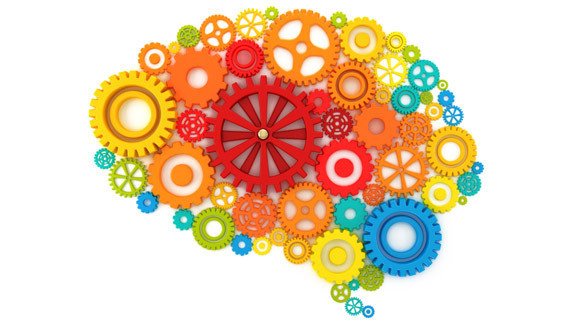A Belgian study found that artists have structurally different brains compared with non-artists.
Study participants’ brain scans revealed that artists had increased neural matter in areas relating to fine motor movements and visual imagery.
The new research, published in NeuroImage, suggests that an artist’s talent could be innate.
However, training and environmental upbringing also play crucial roles in their ability, the authors report.
As in many areas of science, the exact interplay of nature and nurture remains unclear.

Lead author Rebecca Chamberlain from KU Leuven, Belgium, said she was interested in finding out how artists saw the world differently.
“The people who are better at drawing really seem to have more developed structures in regions of the brain that control for fine motor performance and what we call procedural memory,” she explained.
In their small study, researchers peered into the brains of 21 art students and compared them to 23 non-artists using a scanning method called voxel-based morphometry.
These detailed scans revealed that the artist group had significantly more grey matter in an area of the brain called the precuneus in the parietal lobe.
Participants also completed drawing tasks and the team looked at the relationship between their performance in this task and their grey and white matter.
Those better at drawing had increased grey and white matter in the cerebellum and also in the supplementary motor area – both areas that are involved with fine motor control and performance of routine actions.
Grey matter is largely composed of nerve cells, while white matter is responsible for communication between the grey matter regions.
However, it is still not clear what this increase of neural matter might mean. From looking at related studies of other creative people, such as musicians, it suggests that these individuals have enhanced processing in these areas, Dr. Rebecca Chamberlain added.
“It falls into line with evidence that focus of expertise really does change the brain. The brain is incredibly flexible in response to training and there are huge individual differences that we are only beginning to tap into,” she said.
